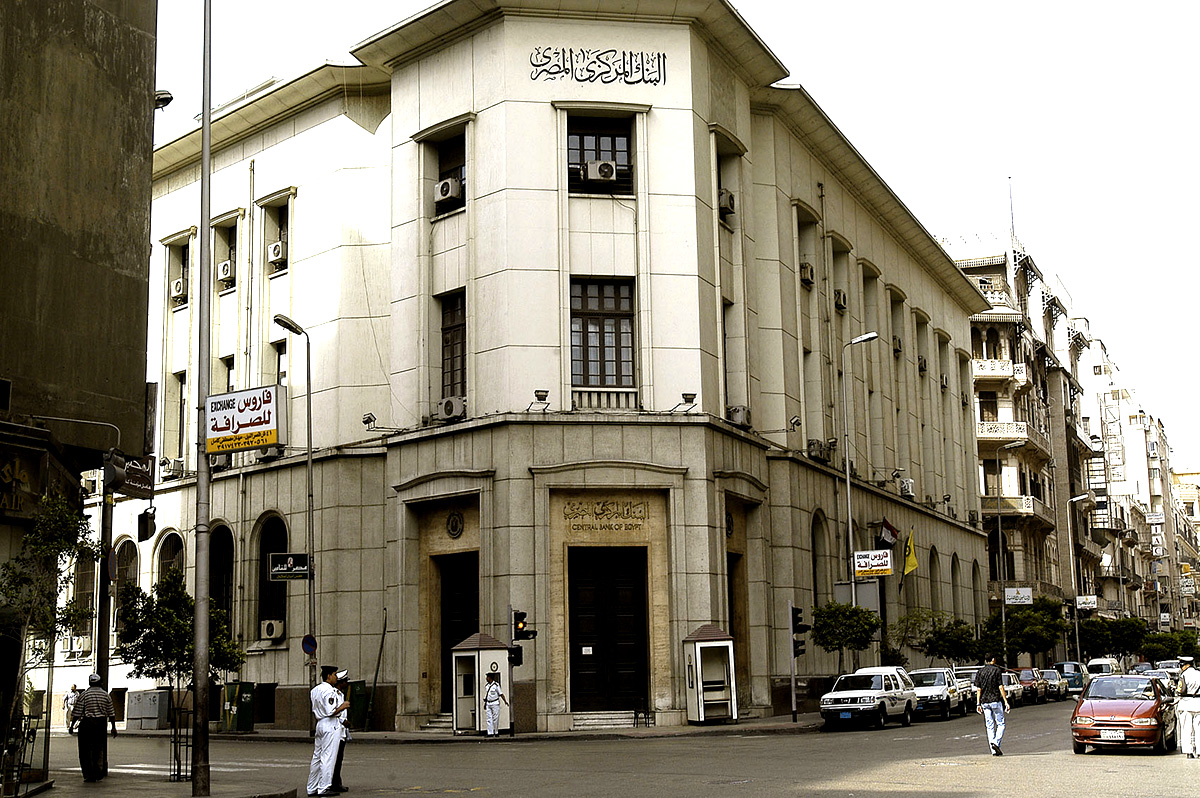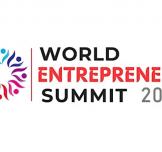Funding Entrepreneurship in Cairo (Part 3)

This article is part of the #urbaneconomies series originally published on progrss and commissioned by district coworking space.
With 40 banks operating 3,690 branches, Egypt’s banking sector is considered one of the largest and most diverse sectors in the Middle East. In spite of that, informal “angel” funds for those who operate in the informal sector are still largely reliant on pooling resources from family and friends, and limited banking penetration means that loans from merchants and more traditional self-help financial groups like gam’iyyat remain deeply entrenched. The World Bank’s 2014 Global Findex Database estimates that only 14% of the Egyptian adult population has a bank account, and it is estimated that, although less than 2% of adults have credit cards, 22% borrow money regularly from family and friends.
When it comes to the bankable population, the investment climate for entrepreneurship can hardly be isolated from the overall investment climate in Egypt, which is generally unfavorable, with Egypt ranking 131 of 189 countries in the World Bank Group’s Doing Business Ranking in 2016. In fact, the overall enabling environment in Egypt leaves much to be desired if you’re in business, and Egypt ranked 137 out of 140 countries surveyed for the WEF’s Global Competitiveness Index when it came to the macroeconomic environment.
And with only a handful of venture capital firms (VCs) in Cairo – most of which were established in the past five to ten years – it is no wonder that entrepreneurs of all stripes are often at a loss when it comes to raising funds. According to Waguih, since so many VC fund managers are educated or have worked abroad, they often bring a more globally-oriented investment mentality to the table; and since the global investment climate is largely geared towards tech, that is where the majority of local VCs put their money. He explains that, although PE funds like AAIB’s are not necessarily averse to investing in ICT enterprises (which they currently lack the infrastructure to do), most of their current investments are in food and beverage and financial services sectors.
Mohamed El Sawy, Owner of The Courtyard and CEO of Misr Contracting Company, notes that a general culture of risk-aversion is one of the major challenges to the development of the ecosystem around entrepreneurship. “It’s very difficult for any startup to convince any businessman that they have a winning idea because we have no data and we have no research – we have nothing to base it on,” he says. “In order for anyone to invest in a business here in Egypt, we require them to prove that their business works, as opposed to VCs abroad, which just want a proof of concept.”
Financial consultant and serial entrepreneur Neveen El-Tahri has established upwards of five companies in the financial services sector over the past 20 years. Two years ago, El-Tahri established Delta Inspire and 138 Pyramids – an investment management firm and VC fund, respectively. 138 Pyramids, which manages a fund of EGP 70 million, has already invested in five companies, covering industries like fashion and apparel to education and tech. She explains that, while the fund is open to tech applicants, they are more interested in brick and mortar companies, partially because they are keen to invest in companies that create jobs, but also because of other VCs target tech. “We’re playing a more developmental role – which is not to say that we are not money oriented, but we focus on companies that can create jobs,” she explains.
According to El-Tahri, the current economic climate naturally makes investors risk-averse. “If you have a risk-free tool to put your money in the bank and get 11-12% [return on government bonds], why would you throw my money into something that you’re not sure will bring you a return?” she asks. She explains that, for investors to make that leap of faith, they have to be fully convinced that putting money in a VC will reap a bigger return, and they have to want to be part of the VC ecosystem.
Chief Investment Officer (CIO) at Flat6Labs and Investment Manager at Sawari Ventures Dina ElShenoufy explains that, although Flat6Labs began purely as an ICT incubator, it has expanded into more tech-enabled, innovation-driven industries over the past five years. According to her, the financial support infrastructure for tech and non-tech SMEs becomes apparent once companies are past the first round of funding. “Non-tech entrepreneurs don’t have the VCs to support them when they’re past the first round of seed funding,” she says. And while non-tech startups can raise money from angel investors, they rarely fit the bill of VCs looking to invest in tech – yet they are too small for PEs. “It’s much easier to sell a successful company to a VC than to sell a non-tech company to a VC,” she adds.
And while tech entrepreneurs can often access funding through a variety of channels – including angel investors, seed funding, and VCs in early stages – they have fewer resources once they graduate and must rely on more traditional tools like debt and credit. Conversely, while non-tech SMEs may find it more difficult to raise money at the early stages, the familiarity of their business to risk-averse bankers and investors means that they have more potential funding sources at later stages.
Entrepreneur, investor and co-founder of RiseUp Egypt Con O’Donnell explain that, in addition to a low-risk appetite, having only a handful of local investors has meant that investors are spoiled for choice – although that may be changing. “The good news is that you’re no longer limited to Egypt. You can get money from Silicon Valley investors, and they give you lots of resources, so you’re no longer tied to what’s available here, but most people don’t realize that yet,” says O’Donnell. He notes that the opening up of the market “…will force local VCs to roll up their sleeves and get dirty with the startups and pull in their contacts, which they haven’t traditionally done.”
But it’s not just Silicon Valley investors that tech entrepreneurs can look to; investors from the region are keeping an eye on Egypt as well. Last year, online recruitment platform Wuzzuf raised US $1.7 million from Sweden-based Vostok New Ventures and UK-based Piton Capital, while price comparison site Yaoota raised US $2.7 million from the UAE’s KBBO, which, according to Tadros, is part of a growing trend of high net worth families in the Gulf looking to diversify their portfolios with smaller investments.
On the other hand, Wael Amin, founder of ITWORX and partner at VC firm Sawiri Ventures, laments the lack of funds as investors’ biggest challenge. “If we double the amount of capital that we have in the current ecosystem 2-3-4 times, it is still not enough for the amount of opportunity in this city. Because there is such a big gap, we don’t even consider other VCs competitors at this point – we just need everyone to work together. And because money is so scarce, the bar that you need to reach to become investable is very high, and entrepreneurs react to that, so they become less ambitious. So it’s not just a matter of having a lot of ideas and little money, but if you had more money, you would have more ideas,” he explains.
Stay tuned for the third article in the #urbaneconomies series.
This article is brought to you by:








































































EgyptInnovate site is not responsible for the content of the comments